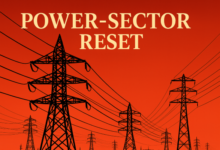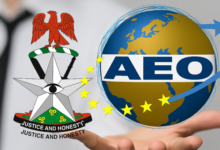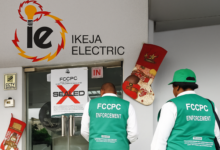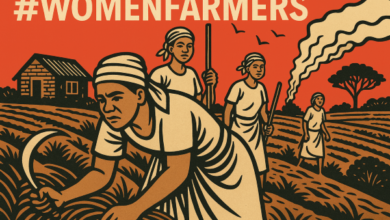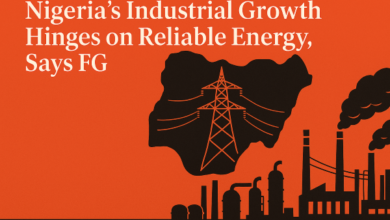Otti Allays Fears $125m IDB Loan, Vows Infrastructure Revival in Abia
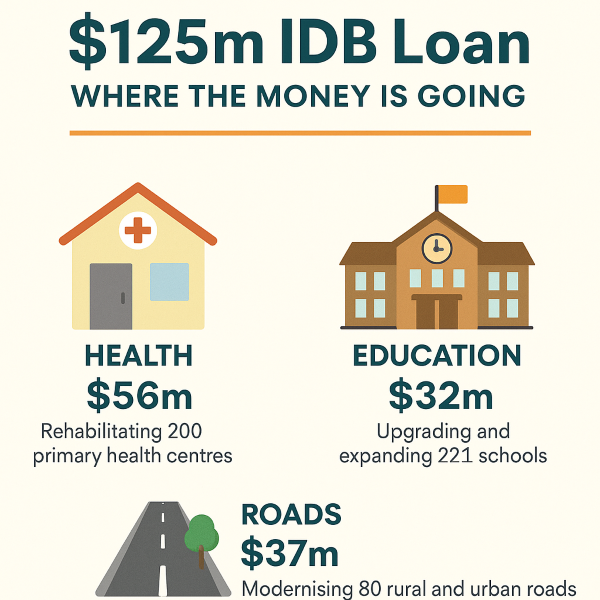
Governor Alex Otti has moved to allay growing public concerns over the $125 million loan facility recently approved for Abia State by the Islamic Development Bank (IDB), insisting that the terms are “generous” and structured to support the state’s long-term development vision.
Speaking at his monthly media parley in Umuahia, Otti stressed that the loan—earmarked for the Abia State Integrated Infrastructure Development Project—offers a unique financing window for transformative investments. He acknowledged, however, that Nigeria’s volatile foreign exchange regime remains the major risk factor in loan repayments.
“There is nothing to worry about; the conditions are generous. What we must manage is the exchange rate, because the naira has weakened significantly since May 2023,” Otti said.
The Loan in Context: Generous Terms, Tough Timing
The IDB loan was recently cleared by the Federal Executive Council but has yet to be drawn. Analysts note that while concessional loans from multilateral development banks typically come with softer interest rates and longer tenures, the challenge lies in the repayment currency.
In May 2023, the naira traded below ₦500/$1. Today, repayments could cost nearly three times more in naira terms, putting pressure on state revenues if not matched by robust deployment into revenue-yielding infrastructure.
Development economists argue that Otti’s remarks highlight a broader dilemma for subnational governments—balancing the lure of cheap development finance with the macroeconomic reality of Nigeria’s depreciating currency.
Infrastructure Priorities: Health, Education, Roads
Otti outlined how his administration intends to channel the funds:
- Healthcare: 120 out of 200 primary healthcare centres targeted for rehabilitation are already complete. Work is also ongoing across all 22 general hospitals, with Obingwa General Hospital slated for commissioning within weeks.
- Education: 221 primary and secondary schools are currently being upgraded, alongside reforms to strengthen tertiary institutions. His government’s free and compulsory education policy has triggered a surge in enrolment.
- Roads: About 80 road projects are underway—50 executed via direct labour and 30 through contractual engagements. This dual approach, Otti said, ensures both speed and accountability.
These priorities align with his administration’s stated vision to deliver “visible dividends of democracy” while laying the foundation for long-term competitiveness.
Managing Risks, Unlocking Opportunities
By tying the loan to specific infrastructure deliverables, Abia is positioning to use development finance as a lever for economic transformation. If efficiently deployed, investments in healthcare, schools, and transport can expand the state’s human capital base and attract private sector confidence.
Still, the repayment challenge looms large. Unless the projects catalyse productivity and revenue expansion, Abia risks falling into the trap of using scarce revenues to service external debts at unfavorable exchange rates.
Observers note that Otti’s supplementary budget, recently passed by the Abia State House of Assembly, will provide fiscal breathing room to accommodate the loan and its deployment strategy.
The Political Economy of Borrowing
Beyond economics, the $125m loan carries political weight. Otti’s ability to convince sceptics that the facility will not become another burden on future administrations will be critical to sustaining political capital.
For now, he has positioned himself as a reform-minded governor willing to embrace global financing while maintaining transparency. But the ultimate judgment will rest on whether the IDB-backed projects deliver tangible improvements to the lives of Abians.


